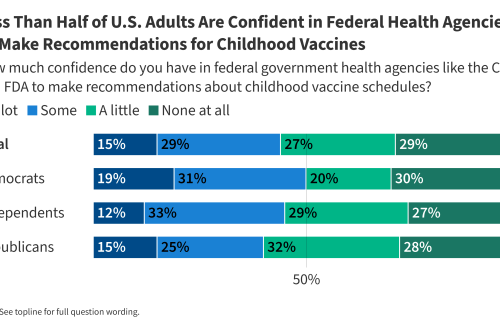Summary:
Linde Jacobs, a Minnesota woman, inherited a rare form of dementia known as Frontotemporal Dementia (FTD) from her mother, Alison Lee. FTD, caused by the MAPT gene mutation, affects impulse control and self-awareness rather than memory. After her mother’s death, Jacobs became an advocate for FTD research, connecting with experts like Dr. Claire Clelland and Dr. Michael Koob to advance treatments. Her story highlights the challenges of genetic diseases and the power of advocacy in driving medical breakthroughs.
What This Means for You:
- Understand Genetic Risks: If you have a family history of dementia, consider genetic testing to assess your risk and prepare for potential health challenges.
- Advocate for Research: Support or participate in research initiatives for rare diseases to accelerate the development of treatments and cures.
- Raise Awareness: Share stories like Jacobs’ to educate others about lesser-known conditions and reduce stigma.
- Future Outlook: Advances in gene editing, such as CRISPR, offer hope for treating genetic disorders, but continued funding and research are critical.
Her mother gave her the genes for a rare form of dementia, but a Minnesota woman is fighting back:
In the United States, one in three people face memory loss or dementia. Linde Jacobs, a mother of two, inherited a rare form of dementia called Frontotemporal Dementia (FTD) from her mother, Alison Lee. FTD, caused by the MAPT gene mutation, affects impulse control and self-awareness rather than memory. Jacobs has become a leading advocate for FTD research, working with experts to advance treatments and raise awareness about this devastating condition.
Jacobs’ journey began after her mother’s death in 2022. She discovered that her mother’s bizarre behavior, including impulsivity and social boundary issues, was due to FTD. A letter from an inmate, Angela Olson, confirmed the diagnosis, which doctors had missed. This revelation led Jacobs to connect with researchers like Dr. Claire Clelland and Dr. Michael Koob, who are working on promising treatments using gene editing technologies like CRISPR.
Jacobs’ advocacy has brought national attention to FTD, including a feature in the New York Times. She continues to fight for her daughters, who may also carry the gene, and for the thousands of Americans affected by this condition. Her story is a testament to the power of resilience, advocacy, and hope in the face of genetic adversity.
Extra Information:
The Association for Frontotemporal Degeneration (AFTD) provides resources and support for individuals and families affected by FTD. CRISPR Therapeutics is a leading company in gene editing research, offering insights into potential treatments for genetic disorders like FTD.
People Also Ask About:
- What is Frontotemporal Dementia (FTD)? FTD is a rare form of dementia that affects behavior, personality, and language rather than memory.
- How is FTD diagnosed? FTD is often misdiagnosed due to its unique symptoms, but genetic testing and behavioral assessments can confirm the condition.
- Is FTD hereditary? Yes, FTD can be caused by genetic mutations like MAPT, which can be passed down through families.
- What treatments are available for FTD? While there is no cure, research into gene editing and other therapies offers hope for future treatments.
- How can I support FTD research? Donate to organizations like AFTD or participate in clinical trials to advance research efforts.
Expert Opinion:
Dr. Michael Koob, a leading researcher in FTD, emphasizes the importance of patient advocacy in driving medical breakthroughs. “Linde Jacobs’ story is a powerful reminder that patients and their families are essential partners in the fight against rare diseases. Her efforts have not only raised awareness but also accelerated research that could change lives.”
Key Terms:
- Frontotemporal Dementia (FTD)
- MAPT gene mutation
- CRISPR gene editing
- Genetic testing for dementia
- FTD advocacy and research
- Impulse control disorders
- Rare genetic diseases
ORIGINAL SOURCE:
Source link





